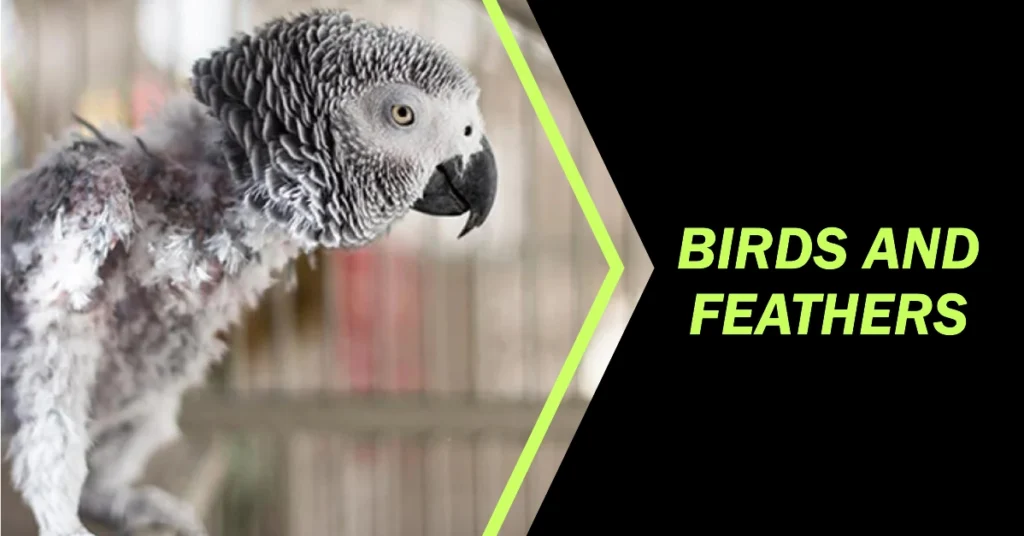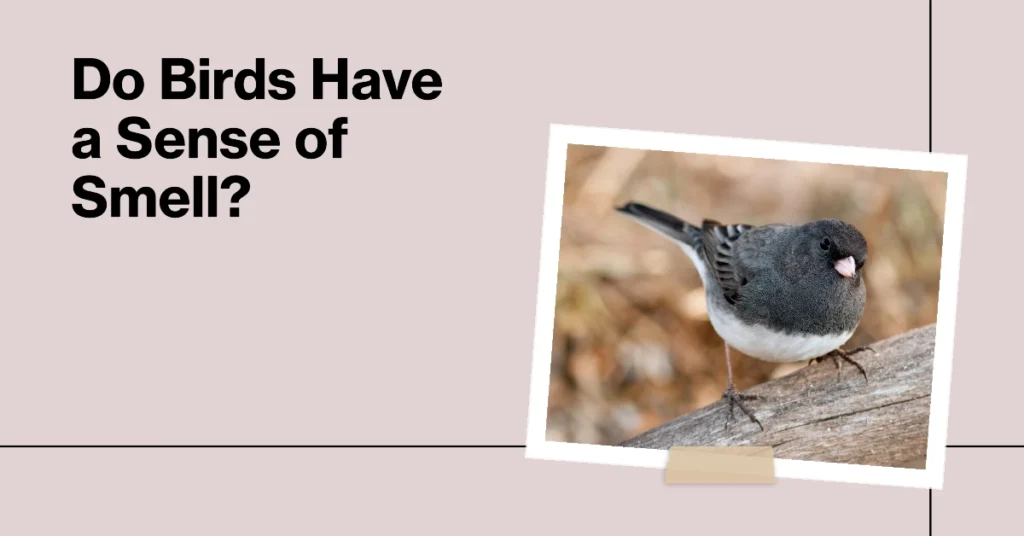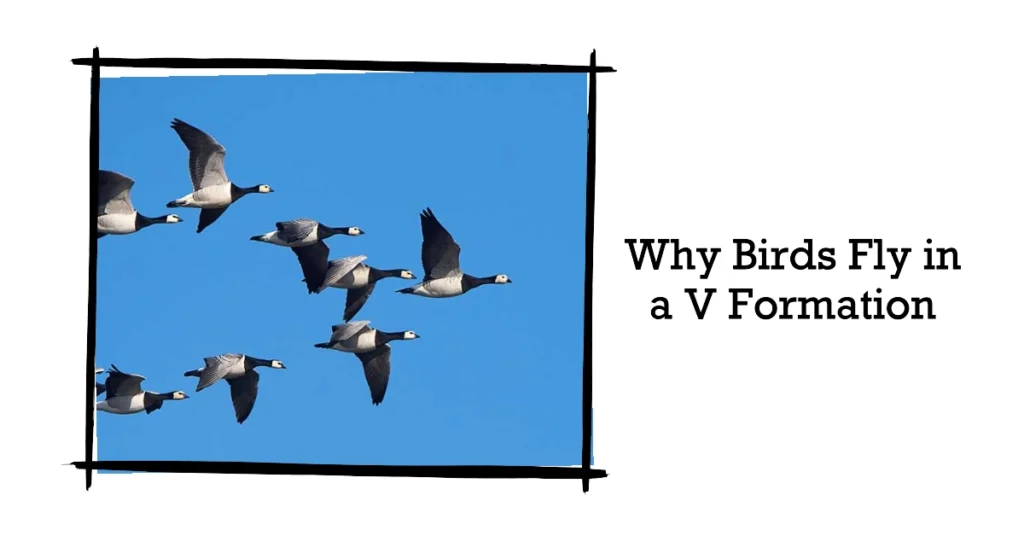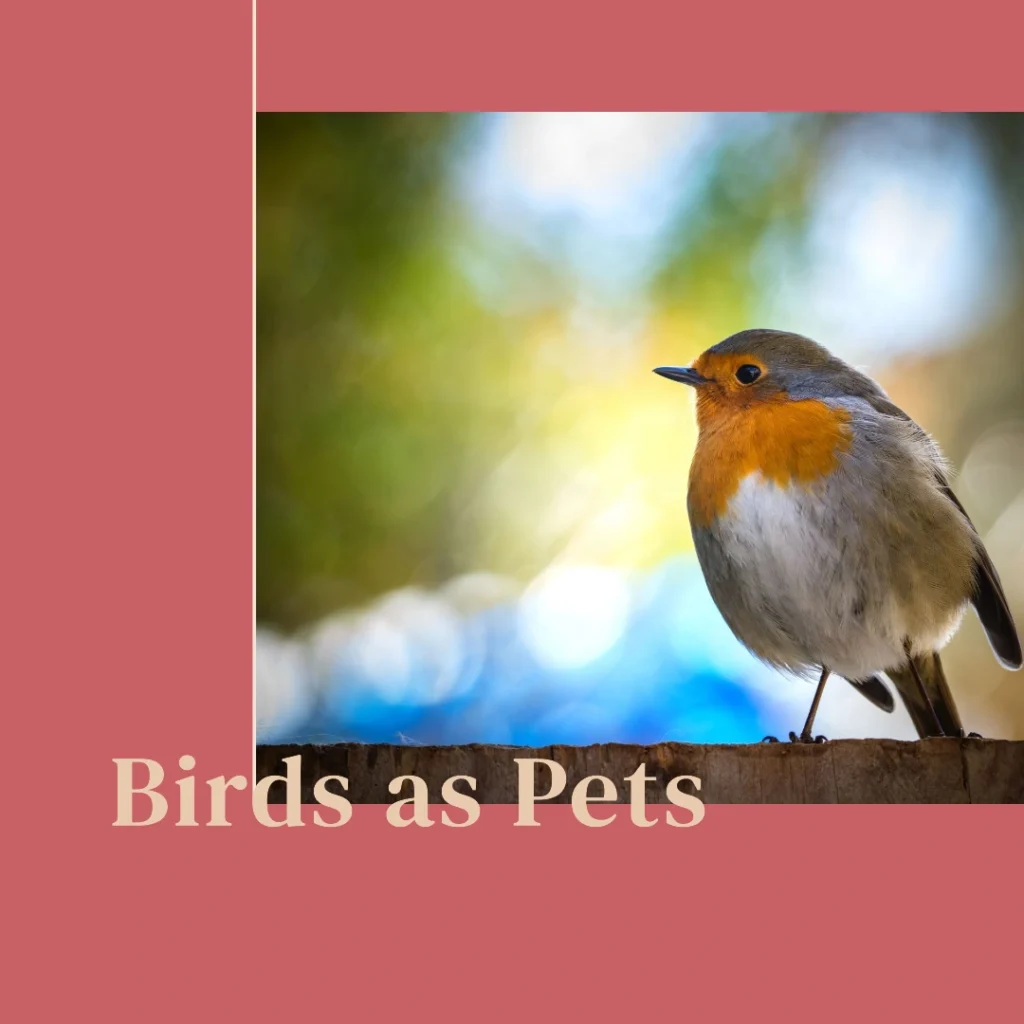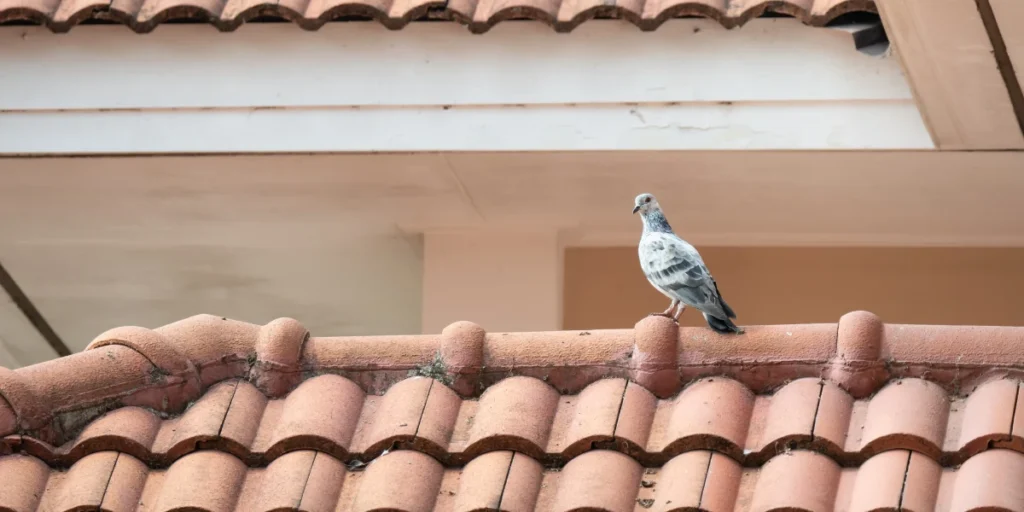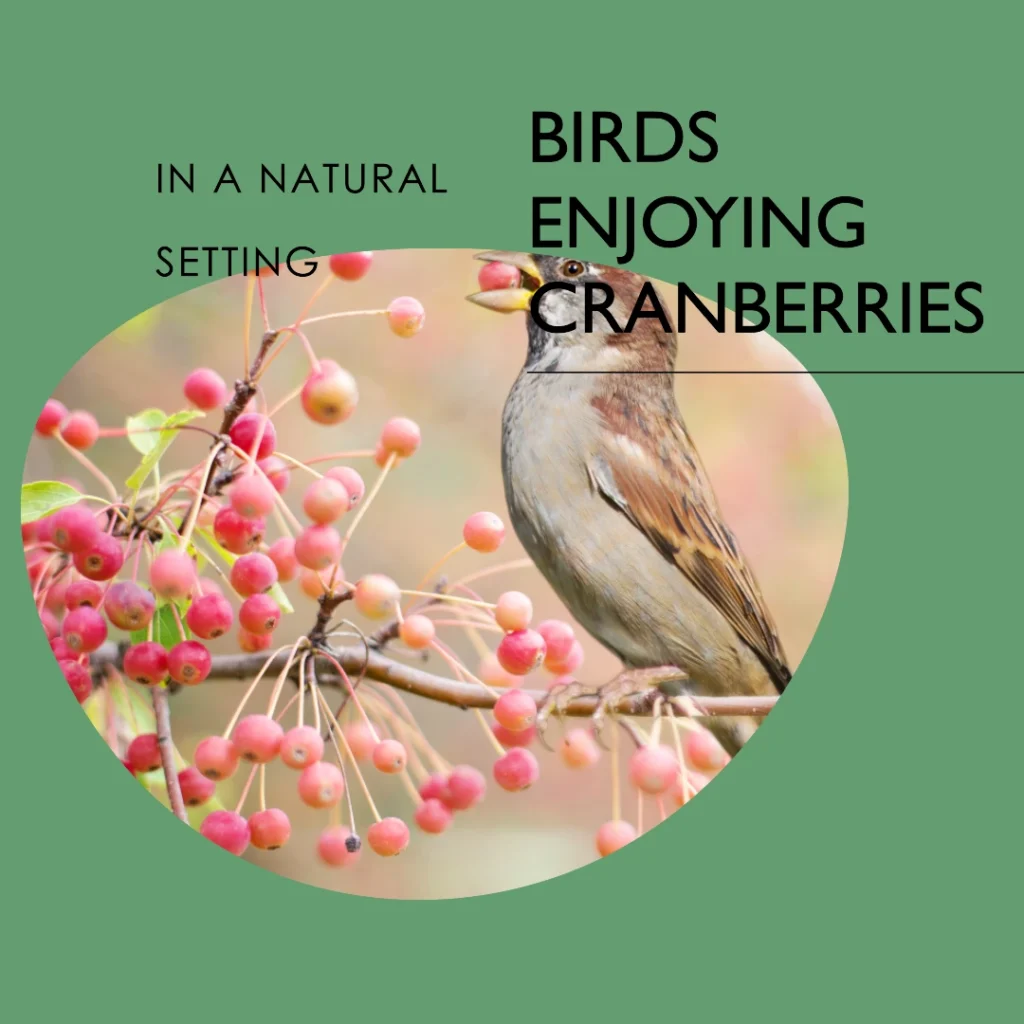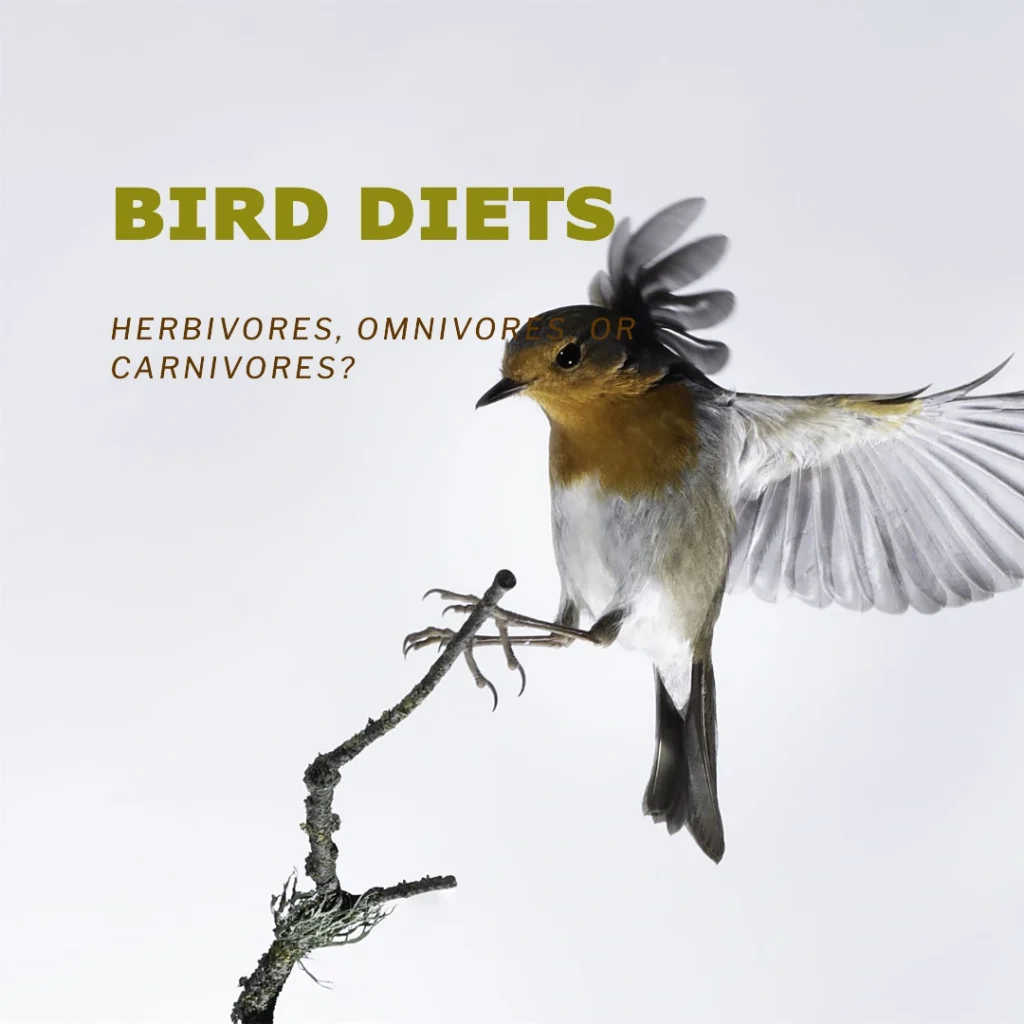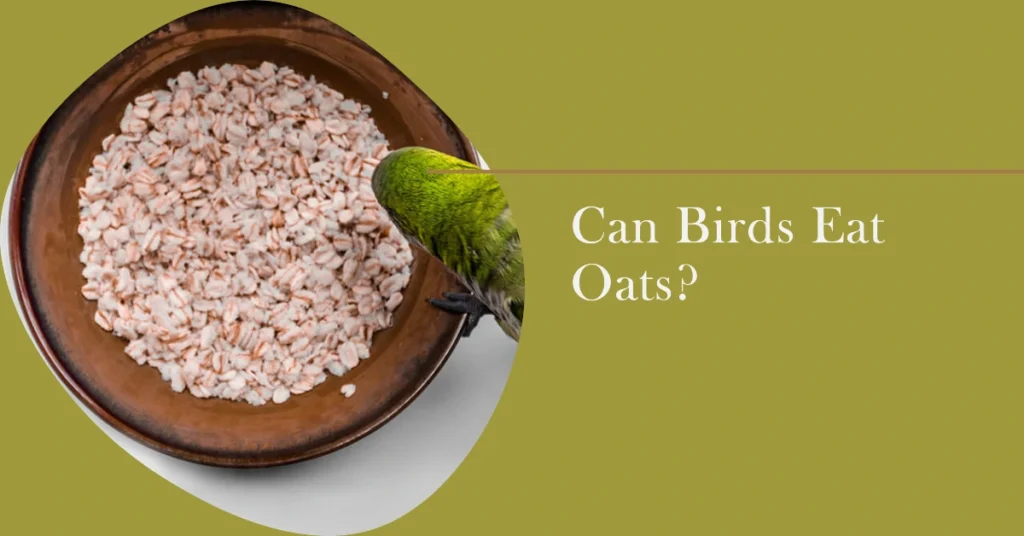
Feeding birds is a delightful activity that connects us with nature and provides essential support to our feathered friends, especially during the harsh winter months. One common question among bird enthusiasts is whether birds can eat porridge oats. This article explores the suitability of porridge oats as bird food, offering insights into how to feed birds safely and nutritiously.
What Are Porridge Oats?
Porridge oats, also known as rolled oats, are a type of grain known for their nutritional benefits. They are commonly used in human breakfast cereals and come in several forms, including steel-cut, rolled, and instant oats. But when it comes to feeding birds, not all oats are created equal.
Can Birds Eat Porridge Oats?
Yes, birds can eat porridge oats, but there are specific guidelines to follow to ensure their safety and health:
Uncooked Oats: Safe and Nutritious
- Uncooked Rolled Oats: These are safe for birds and can be easily digested. They provide a good source of energy and nutrients.
- Steel-Cut Oats: These are also suitable for birds but are harder and may need to be soaked briefly before offering to smaller bird species.
Cooked Oats: A Cautionary Tale
- Cooked Porridge Oats: Never offer cooked oats to birds. When oats are cooked, they become sticky and can harden around a bird’s beak, potentially leading to suffocation or starvation.
Nutritional Benefits of Oats for Birds
Oats are a nutritious choice for garden birds, packed with slow-release carbohydrates, proteins, fats, and essential vitamins and minerals like B vitamins, zinc, and magnesium. These nutrients help birds maintain energy levels and stay warm during colder months.
How to Serve Oats to Birds
While oats can be a healthy treat for birds, it’s essential to serve them properly to avoid any potential issues. The most important rule is to only feed birds uncooked oats – never serve cooked porridge oats. Here’s why:
When oats are cooked, they become soft and sticky. If a bird eats cooked porridge oats, the sticky oats can get stuck around the bird’s beak and feathers as they dry and harden. This can make it difficult for the bird to open its beak and potentially lead to suffocation or starvation.
So when feeding oats to birds, always serve them raw and uncooked. You can offer birds any type of oats that you would use to make porridge or oatmeal for yourself, such as:
- Rolled oats
- Steel-cut oats
- Instant oats (as long as they are plain with no added ingredients)
To feed oats to birds, you can simply scatter some on a bird table or ground feeder, or add them to your existing bird seed mix. Birds love foraging for oats on the ground. You can also use oats as an ingredient in homemade fat balls or suet cakes for birds.
Some recipe ideas for bird-friendly fat balls or suet cakes with oats:
Ingredients:
– 1 cup rendered lard or suet, melted
– 1 cup rolled oats
– 1/2 cup bird seed mix
– 1/4 cup dried fruit like raisins or cranberries
– 1/4 cup crushed unsalted nuts
Instructions:
1. Mix all ingredients together in a bowl
2. Pour into molds or form into balls
3. Refrigerate until hardened
4. Offer to birds in a suet feeder or on a platform
Attracting Different Bird Species with Oats
By incorporating oats into your bird-feeding routine, you can attract a diverse array of bird species to your yard or garden. Here’s a table showing some popular birds and their preferred oat-based treats:
| Bird Species | Favorite Oat Treats |
| Blackbirds | Uncooked oats scattered on the ground |
| Finches | Oats mixed with nyjer or sunflower seeds |
| Sparrows | Oats combined with millet or cracked corn |
| Doves | Rolled oats on a ground feeder |
| Grouse | Pinhead oats mixed with game bird feed |
| Buntings | Oats and mealworms in a suet cake |
Experiment with different combinations and presentations to see which birds visit your feeders.
What to Avoid
- Instant and Flavored Oats: These often contain sugar, salt, and other additives that can be harmful to birds.
- Milk and Dairy Products: Birds cannot digest lactose, so never add milk to oats intended for birds.
Creating a Bird-Friendly Feeding Station
To attract a variety of birds to your garden, consider the following tips:
Setup Tips:
- Provide Fresh Water: Always have a clean source of water for drinking and bathing.
- Regular Cleaning: Keep feeding stations clean to prevent disease and attract more birds.
- Protection from Predators: Place feeders in locations that are safe from cats and other predators.
Feeding Tips:
- Variety is Key: Offer a mix of seeds, nuts, and suet, along with oats, to cater to different dietary needs and preferences.
- Monitor Food Supply: Ensure there is always food available, especially in severe weather when natural food sources may be scarce.
Conclusion
Feeding porridge oats to birds can be a wonderful way to support your local wildlife, provided the oats are uncooked and served properly. By following the guidelines outlined above, you can ensure that your garden birds receive a safe, nutritious, and enjoyable meal that helps them thrive throughout the year. Whether you’re a seasoned bird watcher or a casual observer, adding oats to your bird feeding routine is a simple yet effective way to enhance the wellbeing of birds in your community.

